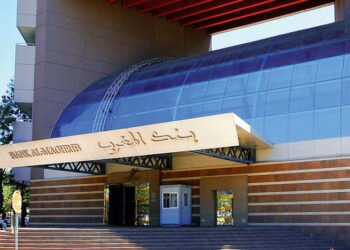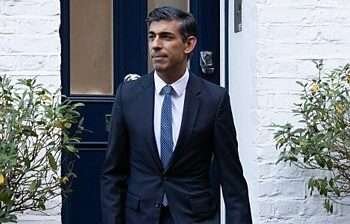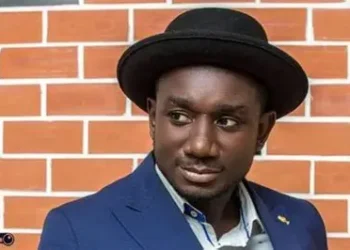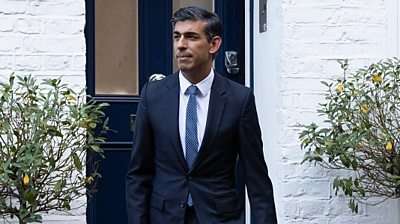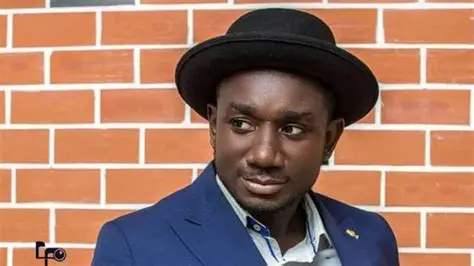Born in February 1954, Recep Tayyip Erdogan is regarded as one of the most influential Presidents in the world. His ability to push himself through various political issues, both Local and International, gain him more approval ratings among top political figures.
Erdogan contested for Mayor of Istanbul, in the 1994 municipal elections. The then 40-year-old dark horse contender was mocked by the traditional media, and dismissed by his rivals as an unworthy contender. He won the election with 25.19% of the public vote, making him Istanbul’s first mayor elected from his political party.

As a Mayor, he embarked on several policies to curb problems he came to meet. Erdogan’s initiatives sort to fix several chronic issues in Istanbul, among them were water scarcity, pollution, and traffic congestion.
The problem of water scarcity was overcome by installing several hundred miles of new pipelines. The construction of cutting-edge recycling facilities solved the rubbish problem. Also, as a Major, air pollution was reduced by implementing a plan to switch to natural gas.
Erdogan was charged for promoting religious hate in 1997, after he recited a poem stanza that contradicts Turkey’s secularism legislation by using militant religious imagery, which read, “the minarets are our bayonets.” As a conservative, he campaigned to gain more representation for religious Muslims.
Erdogan was sentenced to four months in Prison, after he was forced to resign his position as the mayor of Istanbul. It can be said that, his imprisonment really boosted his popularity and his profile in the eyes of the Public.
Erdogan’s Presidential Reign
Erdogan founded the Justice and Development Party, after he and his compatriots were convinced the Islamic Party would not win power in the 2003 elections. Through some legal amendments, Erdogan, an ex-convict, was able to serve as the Prime Minister in 2003, after his party won the parliamentary elections.
Turkey’s pursuit for European Union membership, persuaded Erdogan to embark on several reforms, thus amending laws that would make Turkey look good in the eyes of the European Union. As Turkey’s aspirations of joining the European Union faded and the West faced economic turmoil, he switched to become a religious nationalist, thus promoting Islamic ideologies and Turkey’s own form of democracy among his Arabian compatriots.
Erdogan in his first and second decade as the leader of Turkey, took series of foreign policies, that lifted Turkey’s image in the international scene. Through Erdogan’s policies, Turkey established diplomatic relations with some influential and powerful countries in the world.
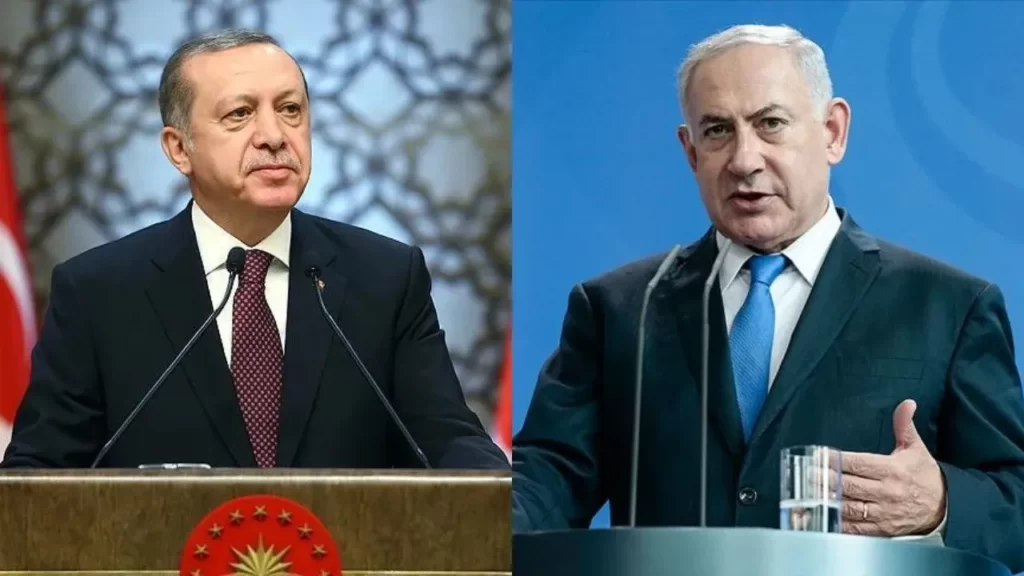
As a Muslim, Recep Tayyip Erdogan criticized Israel’s occupation of West Bank of Jerusalem. Diplomatic relations between Turkey and Israel began to normalize after the Israeli Prime Minister, Netanyahu formally apologized for the death of the nine Turkish activists during the Gaza flotilla raid. However, in response to the 2014 Israel–Gaza conflict, Erdoğan accused Israel of being “more barbaric than Hitler”, and practicing “state terrorism” and a “genocide attempt” against the Palestinians.
Also, diplomatic relations between Turkey and Syria declined significantly as a result of the Syrian civil war. While several thousands of Syrian refugees trooped to the borders with Turkey, Turkish authorities tried to persuade Syrian President Bashar al-Assad to carry out fundamental reforms to ease the conflict and quell the protests.
The most recent of these meetings took place in August 2011, during a seven-hour meeting between Assad and Turkey’s Ahmet Davutolu, earning the later the status as “the last European leader to visit Assad.”

Further more, Turkey-China bilateral trade climbed from $1 billion per year in 2002 to $27 billion per year as at 2017. Erdoan then emphasized the importance of Turkey joining the Shanghai Cooperation Organization rather than the European Union.
On the other hand, the Presidency of Erdogan was threatened in July 2016, after a faction within the Turkish Armed Forces attempted a coup d’tat against state institutions, including the government and the President. An attempt to seize some key cities in Turkey failed, after some loyal forces to the President, defeated the coup plotters.

After two decades of rule, Erdogan stand on the verge of losing his presidential seat to his main contender, Kemal Kilicdaroglu. Kilicdaroglu is believed to be leading Erdogan in polls and therefore, has been tipped to emerge victorious in tomorrow’s elections. The youth of Turkey seem to embrace themselves for a new challenge, as the approval ratings of Erdogan dwindles among them.
READ ALSO:South Africa Denies Supplying Weapons to Russia
.


